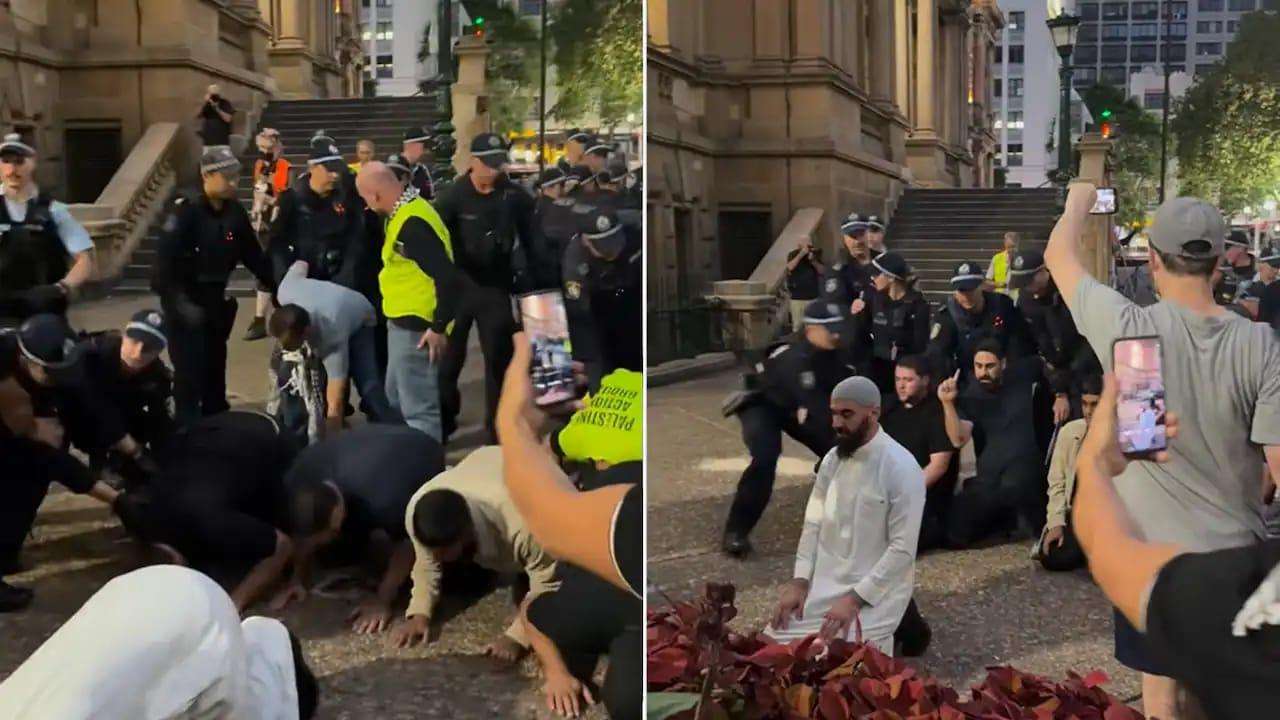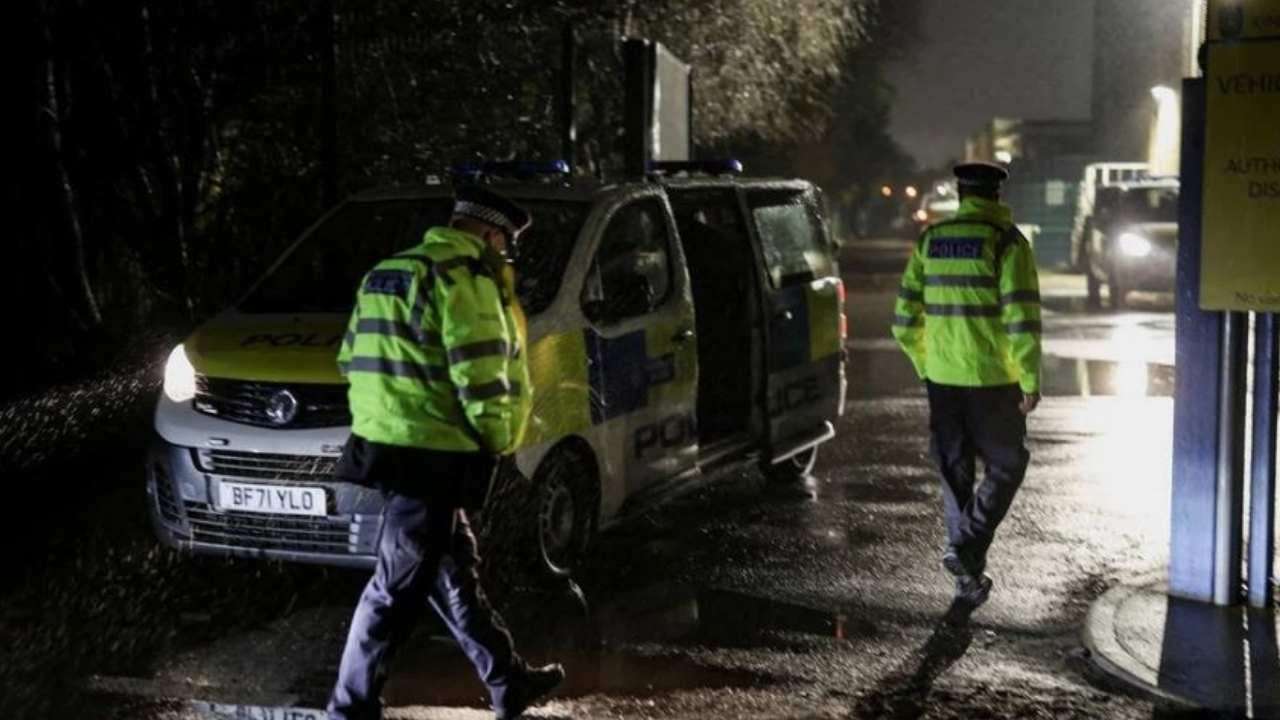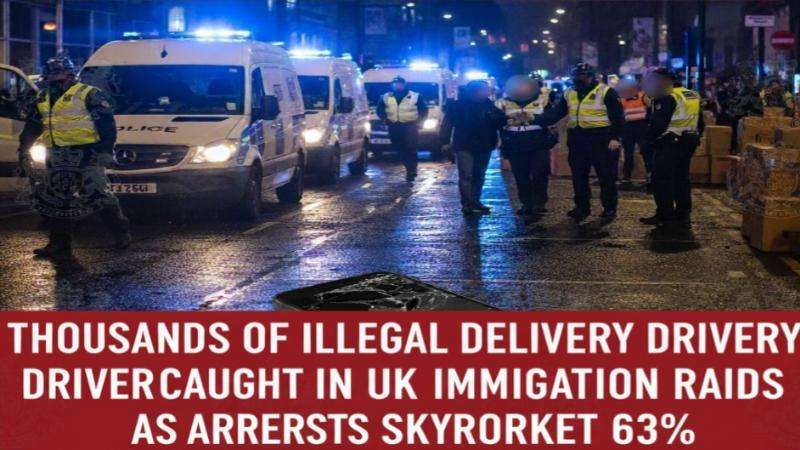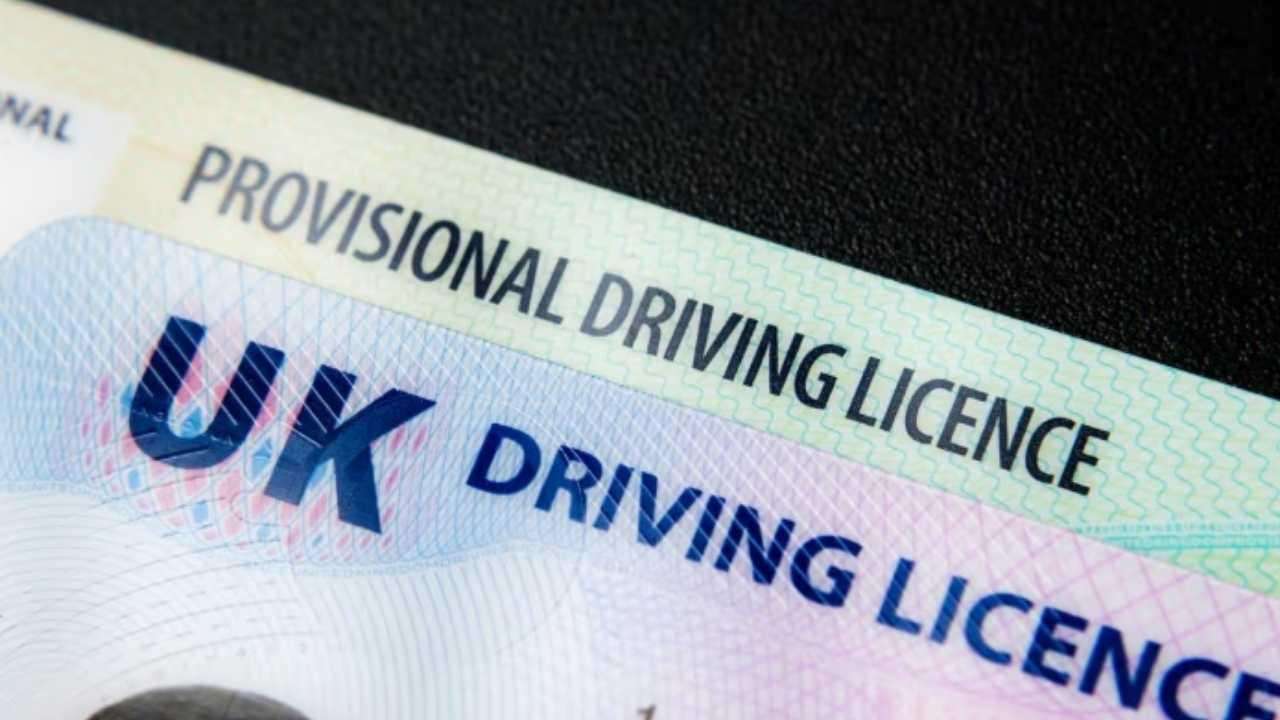The UK government has dramatically escalated its campaign against illegal working, recording a massive 63% increase in arrests over the past 12 months, driven by targeted operations focusing heavily on the gig economy and independent contractors, most notably delivery drivers.
Home Office figures released yesterday, October 28, 2025, reveal that Immigration Enforcement arrested more than 8,000 illegal migrants across the country in the 12 months to September 2025, following more than 11,000 raids—the highest level of enforcement action since records began. This monumental rise is part of the government's aggressive strategy to deter illegal migration, which has become a central political flashpoint.
The crackdown, conducted under the banner of "Operation Sterling" with a £5 million investment, has zeroed in on sectors where workers often operate without traditional employment contracts, including beauty salons, car washes, and, crucially, fast food and parcel delivery drivers who utilize their own cars or bikes. Many individuals without the right to work in the UK exploit the platform-based model of companies like Amazon for their logistical operations, and food delivery giants like Deliveroo, Just Eat, and Uber Eats, using borrowed or fraudulently obtained accounts. The Home Office confirmed it is specifically targeting those found illegally working as delivery drivers.
Interior Minister Shabana Mahmood, who has vowed to do "whatever it takes to secure Britain's borders," stated: "Illegal working creates an incentive for people attempting to arrive in this country illegally. No more. Those found to be illegally working in beauty salons, car washes and as delivery drivers will be arrested, detained and removed from this country." Of those arrested in the past year, over 1,050 foreign nationals have already been removed from the UK.
Beyond the raids, the government is expanding its enforcement reach through new legislative and technological measures. A major strategy involves the Home Office implementing a data-sharing agreement with the delivery giants. Since July, these firms have agreed to share data, including the locations of asylum accommodation, to help identify and apprehend asylum seekers working illegally, in addition to strengthening their own ID verification processes to combat the prevalent issue of account sharing among riders and drivers.
In a move set to transform the enforcement landscape for all workers, Prime Minister Keir Starmer announced in September that the government plans to introduce a compulsory digital identity card for all UK citizens and legal residents, which will be mandatory for all right-to-work checks by the end of the current Parliament. The new digital ID, or "BritCard," aims to simplify checks for compliant employers while making it virtually impossible for individuals to present fraudulent documents and secure illegal work. The government has clearly signalled its intent to close all loopholes exploited by illegal workers in the casual, subcontracted, and gig-economy sectors.
The government's hardline approach comes as public concern over immigration continues to mount, ranking as one of the top issues for British voters after the cost of living. While the government frames the crackdown as essential to protecting borders and the legal labour market, rights advocates have voiced concerns that the increasingly tough stance risks fueling hostility toward migrants and British people from ethnically diverse backgrounds.








.svg)


_1.jpg)
.jpg)
